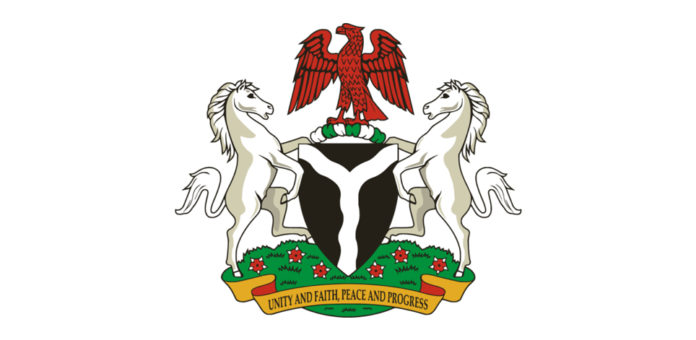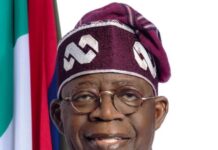FIC Report (Edo State) – President Bola Ahmed Tinubu’s administration has continued to demonstrate its firm belief that education and social welfare are the bedrock of national development. Through the Renewed Hope Agenda, the President has embarked on transformative reforms aimed at ensuring equal access to quality education while strengthening social safety nets for vulnerable citizens. These reforms reflect his conviction that a well-educated and supported population is key to building a brighter and more prosperous Nigeria.
One of the most remarkable initiatives under President Tinubu’s leadership is the introduction of the Student Loan Scheme, designed to make tertiary education accessible to all qualified students, regardless of their financial background. The scheme, managed by the Nigerian Education Loan Fund (NELFUND), provides interest-free loans that cover tuition and living expenses. This bold policy aims to reduce school dropout rates and ensure that no student’s dream of higher education is hindered by financial hardship.
Beyond financial aid, the Tinubu administration has prioritized improving the quality of education across all levels. The government is investing heavily in the renovation of schools, provision of modern learning facilities, and retraining of teachers to meet contemporary educational standards. Efforts are also being made to expand access to digital learning by equipping schools with technology tools, especially in rural communities. These measures are designed to prepare Nigerian students to compete globally in science, technology, and innovation.
In line with his focus on practical education, President Tinubu has placed renewed emphasis on technical and vocational training. The government’s investment in Technical and Vocational Education and Training (TVET) centers aims to equip young Nigerians with employable skills and entrepreneurial abilities. Through collaboration with industry leaders, these centers are bridging the gap between education and employment, helping graduates become job creators rather than job seekers.
Social welfare has also been at the heart of Tinubu’s reforms. The administration’s Renewed Hope Conditional Cash Transfer Program targets millions of vulnerable households across the country, providing financial support to cushion the impact of economic reforms. Similarly, social protection initiatives such as food aid programs, health insurance for low-income families, and women empowerment schemes have been introduced to ensure that the benefits of governance reach every Nigerian, especially those most in need.
The President’s reforms in social welfare go beyond immediate relief—they are aimed at sustainable development and inclusive growth. By strengthening the National Social Investment Program (NSIP) and ensuring transparency in its implementation, the government is building a foundation for lasting social security. These programs are not only lifting families out of poverty but also restoring dignity and hope to communities long neglected.
Education and social welfare reforms under President Tinubu’s administration are complementary forces working toward a common goal—nation-building. An educated citizenry contributes to innovation and productivity, while a socially secure population fosters peace and stability. The synergy between these two sectors is vital for achieving the government’s vision of a Nigeria where every citizen can thrive and contribute meaningfully to national progress.
Conclusively ,President Bola Ahmed Tinubu’s dedication to transforming education and social welfare represents a bold step toward a brighter future for Nigeria. Through sustained investment, inclusive policies, and transparent implementation, his administration is giving every Nigerian child and family a fair chance at success. These reforms embody the true spirit of the Renewed Hope Agenda—a promise to rebuild the nation by empowering its people, one life at a time.
Signed:
Omoluogbe Ruth
FIC Benin city
8 October,2025





